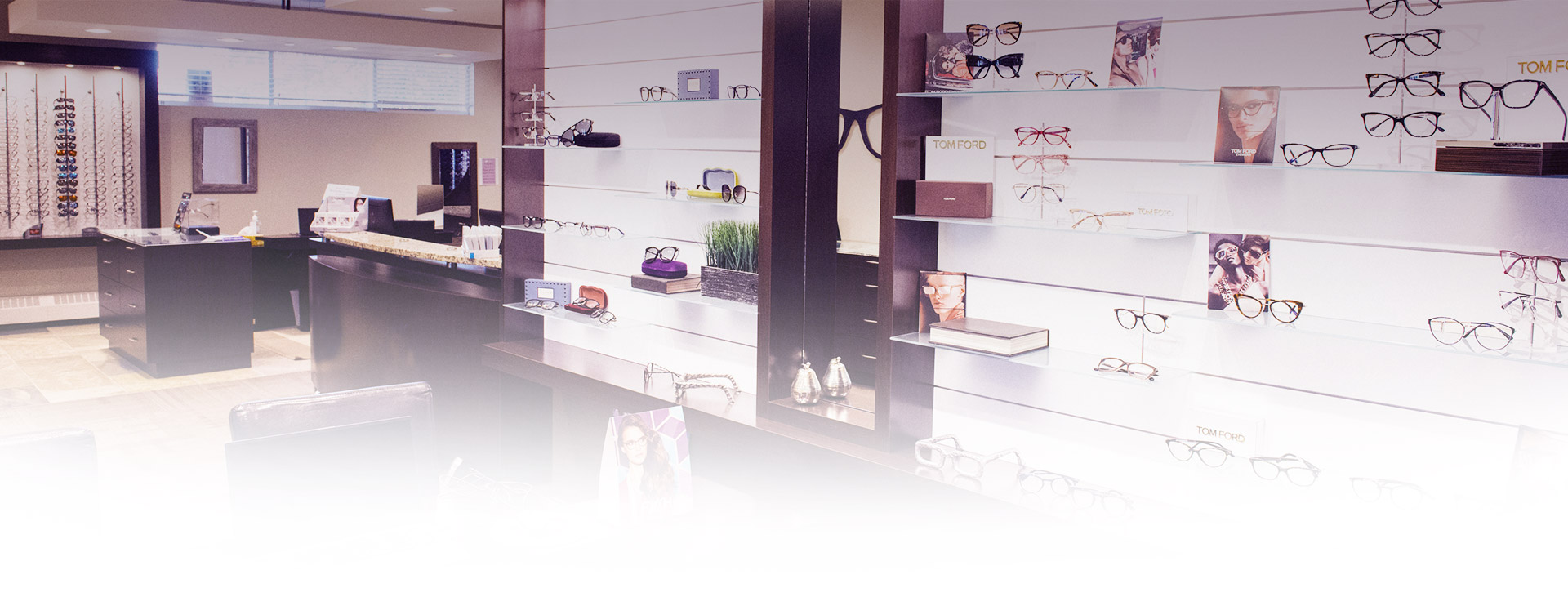Eye drops are a regular part of many people’s lives, especially those of us dealing with persistent dry eyes. One thing to remember is that eye drops do expire, but there isn’t a one-size-fits-all answer about when because it depends on the drop.
For example, a preservative-free eye drop may only be good for a single use, whereas lubricating eye drops with preservatives could be good for several months with proper use and storage. You should always follow your optometrist’s and the manufacturer’s instructions on eye drop use to avoid using expired eye drops or using them for something they aren’t formulated for.
Why Do We Use Drops?
Regular eye drop use—particularly lubricating formulas—can drastically improve symptoms of discomfort like dry, itchy, or red eyes. Medicated eye drops are indispensable in preventing further complications for those with chronic eye conditions. Incorporating eye drops into your daily regimen can enhance overall eye health and comfort, ensuring your eyes remain in top condition.
Eye drops can benefit a wide range of people. Those who spend considerable time in front of computer screens, contact lens wearers, and individuals within the aging population are especially prone to experiencing eye discomfort.
An important thing to remember is that it’s important to consult with your eye doctor before starting any new medicated eye drop to ensure it’s suitable for your specific needs. You may need a prescription for a medicated eye drop anyway.
Understanding Different Types of Eye Drops
Eye drops come in various formulations, each designed with specific purposes. The most commonly known are lubricating eye drops, which help moisten the eyes and relieve dryness and irritation. Your eye doctor can also prescribe medicated eye drops for treating conditions such as glaucoma, allergies, and infections.
Understanding how these different types of drops work can help us utilize them more effectively in our eye care routine and understand how long they will last.
Lubricating Eye Drops
Often referred to as artificial tears, lubricating eye drops are a go-to solution for dry eyes. They mimic natural tears and provide moisture and relief from irritation caused by various factors including screen time, air conditioning, and aging. Lubricating eye drops are typically safe for daily use and can be used as needed.
Allergy Eye Drops
These eye drops are formulated to counteract the effects of allergens like pollen, dust, and pet dander. They can contain antihistamines to reduce itchiness, redness, and swelling, offering much-needed relief during allergy seasons. Some allergy eye drops may also contain lubricants for added comfort. Follow the manufacturer’s instructions on storage and disposal once they expire.
Antibiotic Eye Drops
Antibiotic eye drops contain antibiotics that can help treat and prevent infections caused by bacteria. They are prescribed for conditions like pink eye or conjunctivitis and work by killing or inhibiting the growth of bacteria in the eye. Antibiotic eye drops should only be used as directed by a healthcare professional and for the prescribed duration.
The Shelf Life of Eye Drops
Eye drops come with an expiration date like any other medicinal product that many might disregard. But the expiration date is an important reference point that guarantees the effectiveness and safety of the product up to a certain period. The eye drop’s integrity can no longer be assured once this date has passed.
Identifying Signs of Expired Eye Drops
Expired eye drops may not always wave a red flag at you, so you shouldn’t rely on vision clues alone. But some subtle visual and physical cues can let you know it’s time to change them. Changes in color, consistency, or the presence of particles that were not there before can all signal that your eye drops are past their prime. If the eye drops cause irritation beyond the initial application discomfort, it could indicate that they are expired.
The Risks of Using Expired Eye Drops
Using expired eye drops can introduce unnecessary risks to your eye health. These outdated solutions may harbor bacteria or have compromised ingredients, leading to infections or allergic reactions. The very product that was supposed to bring relief could become a source of discomfort.
Proper Storage of Eye Drops
Maximizing the shelf life of your eye drops begins with proper storage. Keeping them in a cool, dry place away from direct sunlight preserves their efficacy for longer. Additionally, ensure the tip of the dropper does not come into contact with any surfaces, including your eye, to prevent contamination.
Discarding Expired Eye Drops
When eye drops have reached their expiration date or show signs of expiry, it’s crucial to dispose of them responsibly. Flushing them down the sink or toilet is not advisable due to potential environmental harm. Instead, follow local guidelines for the disposal of medications or return them to a pharmacy that offers a take-back service.
Discuss Eye Drops with Your Eye Doctor
Eye drop use doesn’t have to be scary or complicated. It should be rare to run into any problems with expired eye drops as long as you follow all directions for storage and use. Call our team at Visionary Eye Centre if you have questions about eye drops. One of our experienced eye doctors can answer your questions, whether you’re unsure which eye drops you need or are simply unsure how to handle them properly.



